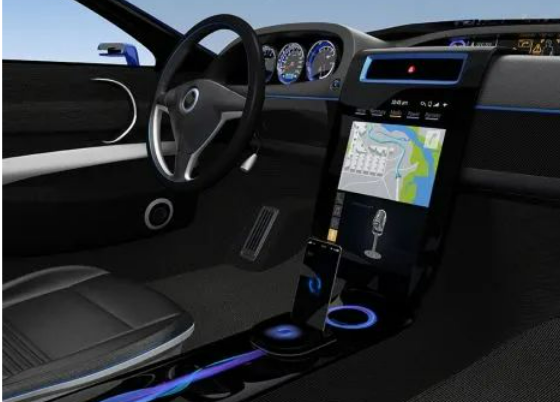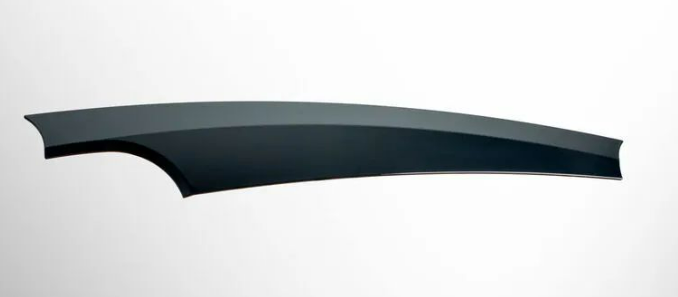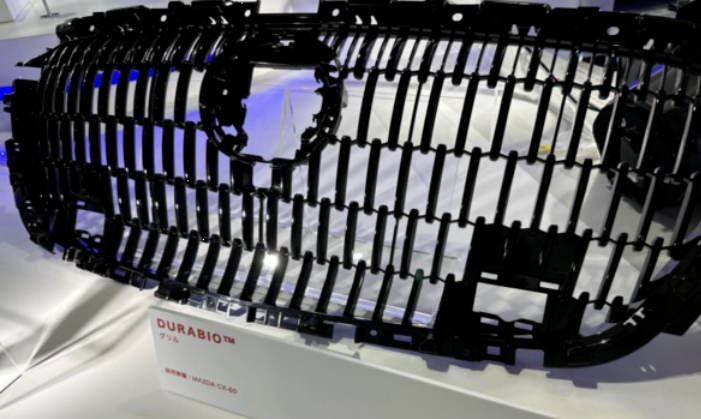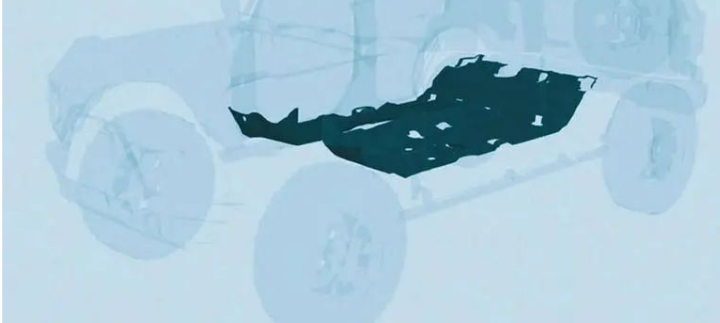Carbon reduction and emission reduction is the only way for the automotive industry to achieve sustainable development in recent years. Recently, many chemical manufacturers have launched recycled or bio-based automotive plastics to help the sustainable development of automobile manufacturing from the material side.
Evante: PCR content up to 45% recycled TPE
Avient recently launched two reSound REC recycled thermoplastic elastomers (TPE) for automotive interiors.
These new grades contain post-consumer recycled (PCR) content, providing the automotive industry with more sustainable TPE solutions without compromising performance.

The new reSound REC TPE offers a sustainable alternative for automotive interior applications. (picture from Evante)
According to reports, reSound REC
The 7310 product family meets GM OEM standards for volatile organic compounds (VOC) and fogging. These initial grades in the range are available in 80 and 90 Shore A hardness and contain either 35% or 45% PCR content from recycled food packaging.
They can be custom made, injection molded or overmolded into polypropylene (PP), making them suitable for a range of interiors such as door mats/mat pockets, center console trays, front and rear trunk liners, dashboards and dashboard components, etc. .
These TPEs can be colored as required, such as black and other colors, to meet aesthetic appearance requirements.
“These materials meet the performance requirements of automotive OEMs and Tier 1 suppliers for automotive component manufacturing while helping them achieve sustainability goals. The use of recycled content reduces carbon emissions, waste and pollution early in the product life cycle, thereby increasing the environmental benefits.”
The reSound REC 7310 product line is produced and sold in North America.
Trinseo: Injection grade recycled and bio-based resin
Trinseo recently launched Altuglas R-Life with recycled content
V825T acrylic resin and Magnum bio-based ABS resin (95% bio-attribute content). Both resins can be used in the molding of automotive parts.
According to reports, Altuglas R-Life
V825T is a sustainable line of injection molding grade acrylic products. It is widely used in automobiles and other fields. The resin is available in clear, red and black.
These resins are available through chemical or mechanical recycling of raw materials and offer the same excellent optical properties, UV stability, scratch resistance and colorability as their virgin counterparts.
The Altuglas R-Life V825T has at least 35% recyclables available for mechanical recovery and 50% recyclables available for chemical recovery.

Trinseo Altuglas R-Life V825T is a sustainable range of injection molding grade acrylic products. (Photo courtesy of Trinseo)
Magnum bio-based ABS resin is produced by mixing biological raw materials with fossil polymers during the polymerization process according to the ISCC+ mass balance principle.
The material is structurally and functionally identical to petroleum-based materials and can be used with existing tools and equipment without material requalification.
Mitsubishi Chemical: Bio-based engineering plastics have been used in Mazda grille
Mitsubishi Chemical’s bio-based engineering plastic (polycarbonate-based), DURABIO™, uses isosorbide, a renewable plant-derived raw material, as its main raw material.

Mitsubishi Chemical’s bio-based engineering plastics have been used in the manufacture of Mazda grilles. (picture from Mitsubishi Chemical)
According to reports, DURABIO™ has higher environmental performance than other petroleum-based engineering plastics, such as LCA, etc., because its main raw material comes from plants. According to different parts, it can reduce environmental impact by eliminating secondary processing, such as painting. .
According to Mitsubishi Chemical, the bio-based material has a good balance of physical properties in terms of transparency, weather resistance, scratch resistance, impact resistance and optical properties. Currently used on the grille of the latest Mazda.
Huntsman: 20% bio-based polyurethane
Huntsman Introduces Acoustiflex VEF
BIO, a polyurethane with up to 20% vegetable oil bio-based content, is used in molded acoustic applications in the automotive industry.

Huntsman’s bio-based polyurethane can be used for foaming agent on the back of car carpet, instrument panel, wheel well insulation.
This new solution can reduce the carbon footprint of foaming the back of car carpets by 25%. The technology can also be used for instrument panel and wheel arch insulation.
Huntsman says the biological components in its Acoustiflex VEF bio system have no impact on any of the acoustic or mechanical properties required by component manufacturers or automotive OEMs.



 微信扫一扫打赏
微信扫一扫打赏
